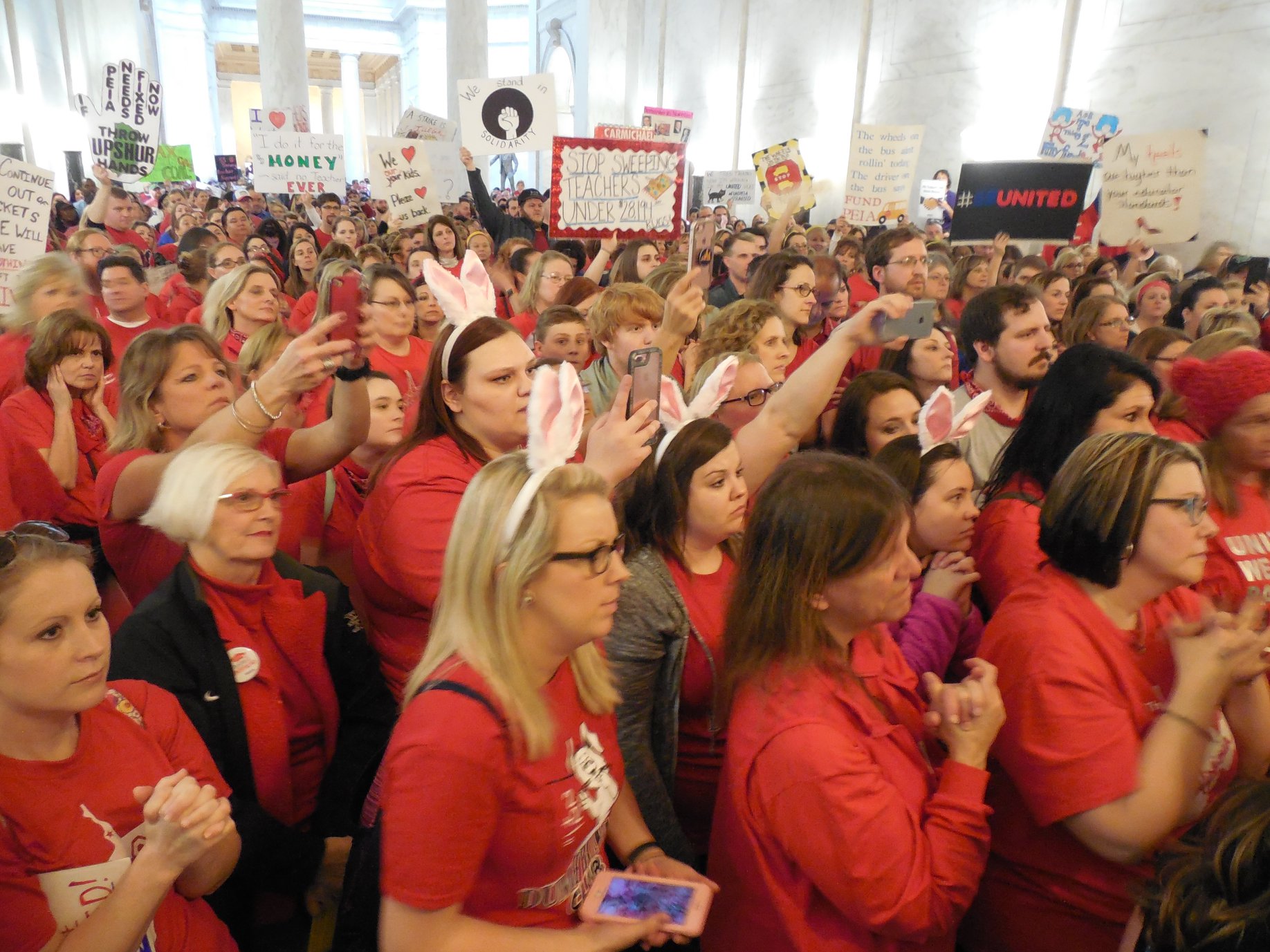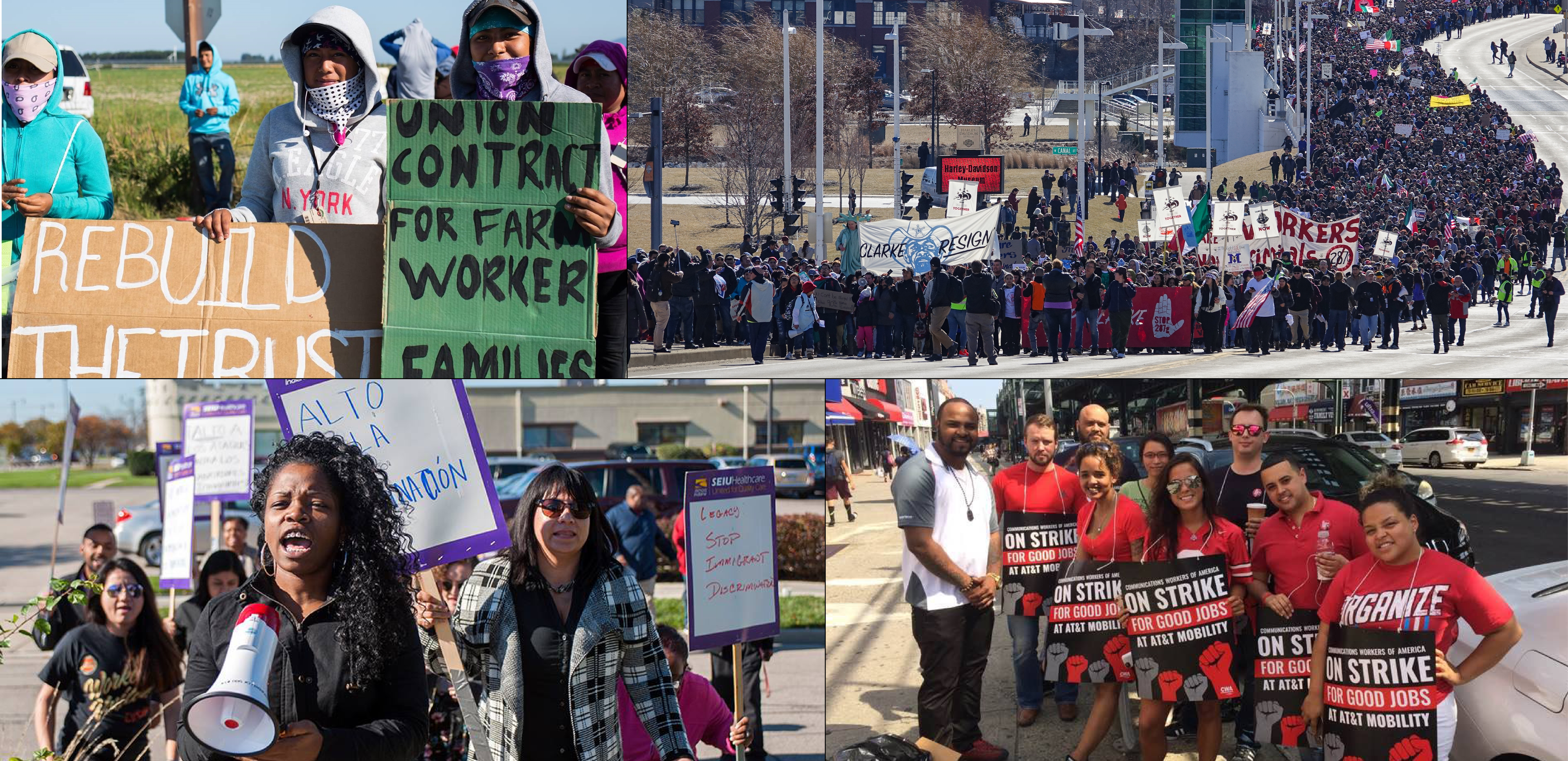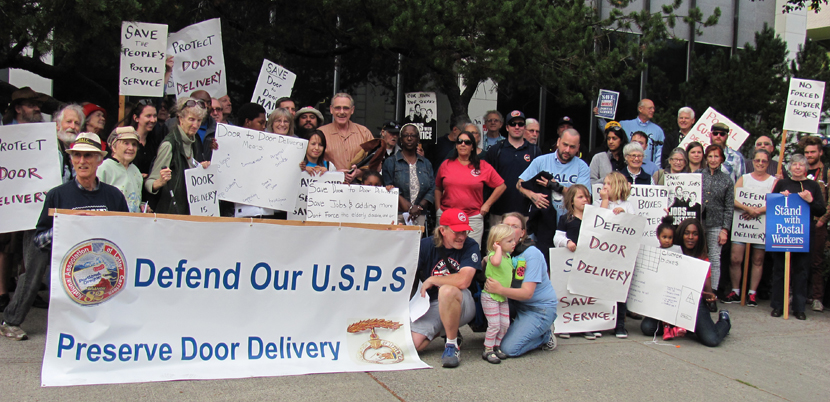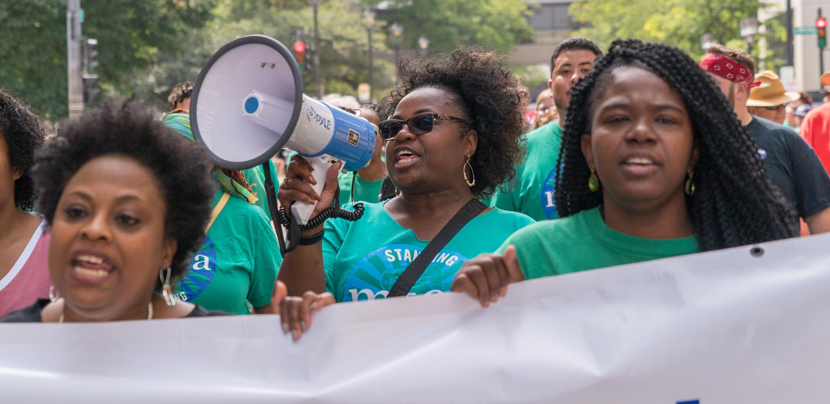My Quarter-Million-Dollar Baby
Call her our $250,000 baby.
In July my uneventful pregnancy took a turn—I developed a serious condition called preeclampsia and had to deliver a month early. Paloma weighed less than five pounds at birth, and spent a week in neonatal intensive care.
She was one of the larger and healthier babies in the ward; I learned that a stint in baby intensive care isn’t unusual these days. I’m grateful to live in a time and place where babies and mothers can survive what Paloma and I did. A century ago we might not have been so lucky.
Reform Slate in North Pole Elves Union Challenges Cozy-with-Santa Leadership

Making Buses Safer
After two passengers died in a horrific stabbing on a train in Portland, Oregon, the transit agency upped police presence. But the union is pushing for a different solution.
The May 26 incident began with a man yelling racist slurs at two young women of color. When three passengers defended the women, the man stabbed them.
A Strike against Squeezing Profits from Kidney Patients
On June 12 Teresa Schloth, a Brooklyn dialysis nurse for 32 years, walked out on her first-ever strike. She and her co-workers are battling a billion-dollar corporation that’s trying to wring greater profits out of kidney patients by skimping on staffing and shifting jobs out of the unions.
People with chronic kidney failure—the technical name is end-stage renal disease—qualify for Medicare regardless of age. Three times a week they go in for dialysis, where they spend hours hooked up to a machine that cleans their blood.
Love These Contract Fights
Contract time is a gift. On an ordinary day, any number of work, family, and personal concerns compete for union members’ time and energy. But when your contract is about to expire, when your wages and benefits are on the table, when there’s a chance of a strike or lockout—that’s when your union has more of its members’ attention than at any other time.






You must log in or register to post a comment.